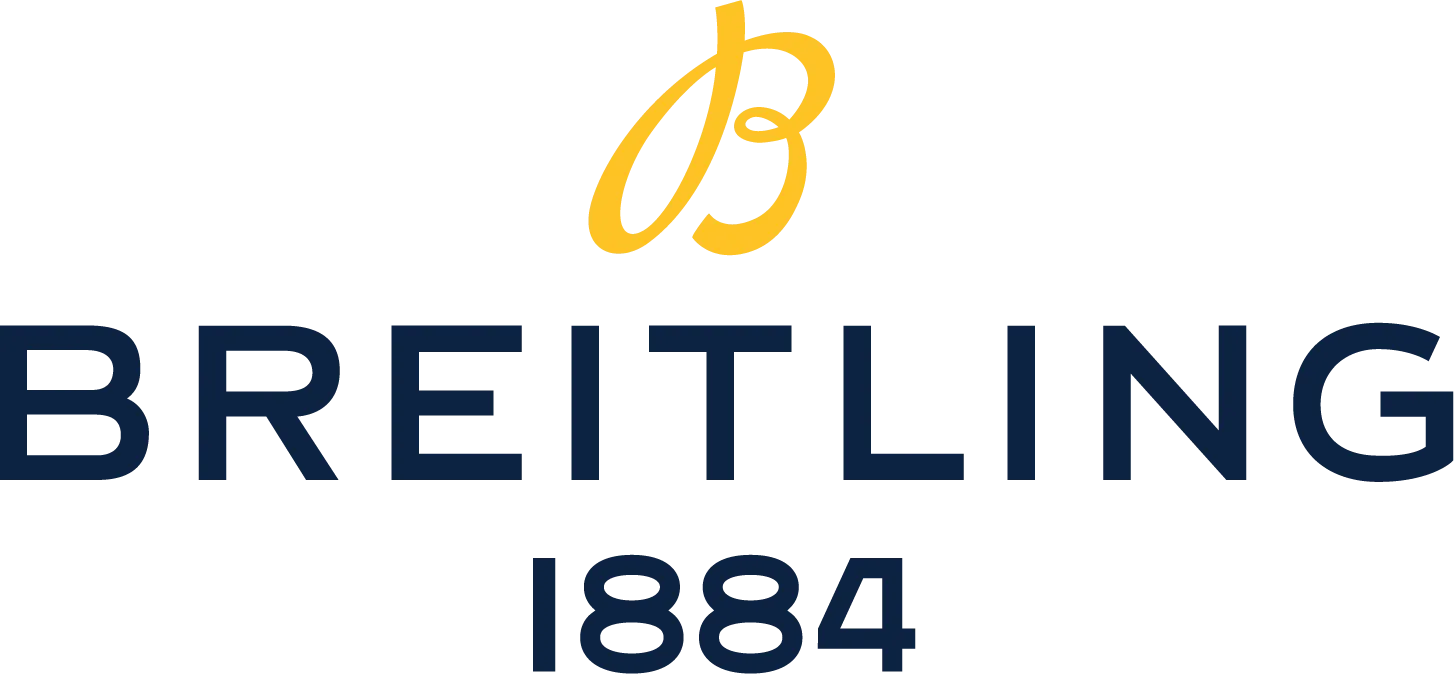Proving the business value of integrity with Ethisphere
We chat with Emily Minor, Director of Data & Services at Ethisphere, to unpack new research on ethical culture, benchmarking, and the “Ethics Premium” that links robust ethics and compliance programs to stronger performance. We explore how compliance is evolving into business-aligned ethics, practical ways to measure culture, and how leaders can partner with the board to drive value.
Episode summary
In this episode, we chat with Emily Minor, Director of Data & Services at Ethisphere, to unpack fresh findings from Ethisphere’s global "Ethics and Compliance Trends and Employee Perceptions" report. The dataset spans more than 1.2 million employee responses across nearly 100 companies in 58 countries, offering a rare, holistic view of ethical culture and program maturity at scale.
Emily explains how Ethisphere pairs these perception insights with its long-running benchmarking program that recognizes the World’s Most Ethical Companies (WMEC)—136 organizations this year—to show what leading practice looks like in the real world. At the center of the conversation is the “Ethics Premium”, the margin by which publicly traded WMEC honorees have outperformed a comparable global index over a five-year horizon. In 2025, that premium was 7.8%—a statistically significant edge that, while not claiming causation, demonstrates a decade-plus of consistent correlation between strong ethics programs and stronger long-term performance.
The discussion traces how the field has matured from box-ticking “compliance” to values-driven “ethics,” and why speaking the language of the board—performance, risk mitigation, and growth—builds true partnership with the business. Emily notes even job titles tell the story: many leaders now carry “Chief Ethics Officer” or “Chief Integrity Officer,” signaling that when you design for ethics, compliance follows.
Regulation has both caught up with and accelerated this shift. Across major jurisdictions, expectations now place clear accountability on senior leadership, require board access for ethics and compliance, and emphasize adequate resourcing—developments that have raised visibility and influence for the function. Rather than react to every new rule, leading programs build principle-based systems that withstand regulatory swings.
For leaders seeking to move from “cost center” to competitive advantage, Emily’s advice is practical act as a business partner, bring insights (for example, trends emerging from your hotline data), and target controls by risk to reduce friction. Measure what matters—especially culture—because if you can measure it, you can manage it, and culture metrics belong in board reporting alongside hotline counts.
Her closing advice, find your community. In compliance, a rising tide lifts all ships—tap into peers, webinars, and roundtables to share tactics and hard-won lessons.
Trusted by 600+ enterprises operating worldwide

.svg)











.svg)

%201.svg)

.svg)











.svg)

%201.svg)

